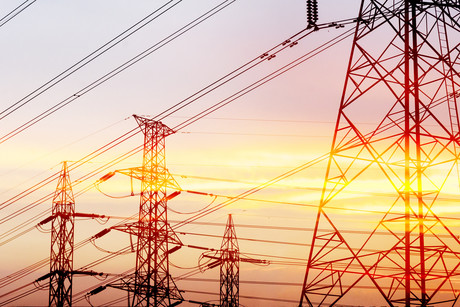What's your state's position at the crucial National Energy Guarantee meeting?

State and territory energy ministers will hold a crucial meeting today with their federal counterpart Josh Frydenberg.
At stake is the future of the federal government’s flagship National Energy Guarantee (NEG), which if implemented could finally end Australia’s long-running uncertainty over climate and energy policy.
The policy has attracted criticism from a range of perspectives, both for its perceived lack of climate ambition and its failure to placate pro-coal backbenchers. Energy analysts, meanwhile, have taken issue with the lack of publicly released modelling, and raised questions over its ability to drive down emissions and prices.
However, the policy has been endorsed by the majority of the energy industry, including smaller retailers and the Clean Energy Council, the major body representing the renewable energy sector. Further support has come from energy consumers and their representative associations. A number of these stakeholders share the concern about the emissions target, but have argued that the COAG Energy Council should focus on the NEG framework and that emissions policy should be left to the Commonwealth government and parliament.
What’s being decided?
The implementation of the NEG requires two legislative outcomes. The first is Commonwealth legislation to set a target for emissions reduction in the national electricity sector and address associated issues such as the use of offsets and the treatment of energy intensive, trade-exposed activities.
The second is legislation to alter the National Electricity Law to accommodate the two obligations imposed by the NEG. This law covers the states (Queensland, New South Wales, Victoria, Tasmania and South Australia) and the ACT that are part of the National Electricity Market, and is required to be passed by the South Australian parliament.
The COAG Energy Council will be asked to support the NEG as contained in a series of reports from the Energy Security Board. If this is successful, the final stage will be to prepare, agree on and then pass the legislation through the SA parliament.
In parallel, the federal government will seek to prepare and pass the emissions reduction legislation. One challenge for federal energy minister Josh Frydenberg is to coordinate the two legislative processes to accommodate those on both sides of the climate change debate, who are suspicious of one another.
Every state and territory finds itself in a different position, both politically and logistically, with regard to the NEG. See below for a detailed breakdown of each state’s energy landscape and the likelihood that it will support the federal government’s policy.

Tony Wood, Program Director, Energy, Grattan Institute
This article was originally published on The Conversation. Read the original article.
Fujitsu General Australia announces name change
Following its acquisition by Paloma Rheem Holdings, the company is now operating as General...
Qld Govt announces electrotechnology training centre
The Electrotechnology Centre at TAFE Queensland's Alexandra Hills Campus is being set up to...
Calling all HVAC&R professionals
Registration has opened for ARBS 2026, a major Australian exhibition for the air conditioning,...



